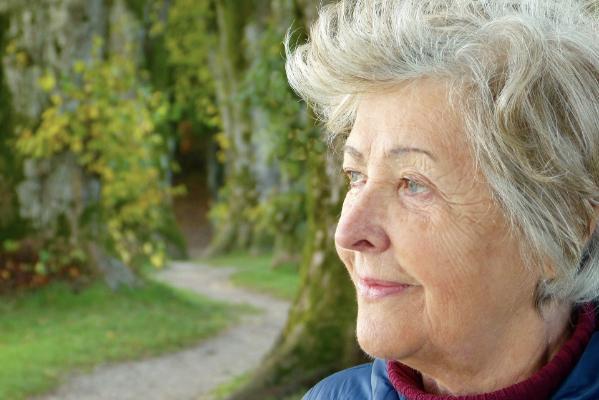In This Section
Study supports enhanced care pathways for older people

A recent community academic research partnership is informing practical ways to support health outcomes for older people by enhancing care pathways for audiology services and aftercare. The research will be used by Friendly Call Cork to focus efforts on supporting older people in the aftercare stages of accessing and managing hearing aids and audiology services over time. Hearing loss can be a factor for wider health outcomes such as decline in cognitive function and lonliness and it is anticipated that targetted supports willl have wide health and wellbeing benefits.
The recently completed study on the experiences of elderly people with regard to public Audiology services in Ireland was conducted by a student from University College Cork in collaboration with Friendly Call Cork. Caitlin O’Hehir, an MSc of Clinical Audiology graduate, carried out the research project supervised by Dr. Siobhan Laoide-Kemp in the School of Clinical Therapies.
Friendly Call Cork’s principle aim is to tackle loneliness and isolation among the elderly in the city by providing a daily phone call to over 200 older adults who live alone. The findings of the audiology study highlight that older adults who live alone require specific attention including additional follow up appointments and further counselling sessions. Caitlin O’Hehir says:
“When an individual is referred to the Audiology services it may be beneficial if they are asked if they are availing of any services, for example Friendly Call Cork. If this is the case it would help if this is noted on the file and considered a red flag requiring specific attention and follow up.”
“There are multiple areas along the public Audiology care pathway which influence successful hearing aid retention. However, with these key areas targeted and the appropriate recommendations and procedures put into place, patient outcomes could be improved. This is of great importance to Audiologists due to the relationship between hearing loss, a decline in cognitive function and loneliness.”
Brenda Barry, Friendly Call Cork (Cork City Partnership) explains how they will use this research to further support their clients:
“We are in daily telephone contact with our Friendly Call clients and have in the past, signposted individuals to their GP to get a letter of referral to HSE Audiology Services. This has been done mostly on an ad hoc basis. We believe with Caitlin’s Research, who has interviewed our clients about their experiences with Audiology Services, that we could better communicate with our clients about their entitlements and also to keep a log of how their access to hearing aids is progressing and also to guide them in maintenance and any issues that they may have in getting the maximum benefit from their hearing aids.”
“Some of our clients have stopped using hearing aids as they had technical issues and were not sure where to turn for help and support. To have the reassurance to clients that the service does not stop when a client receives their hearing aid; that there is an aftercare service. Developing a leaflet and training programme for Friendly Call Volunteers so that they can help with issues clients may have with the hearing aids or with contacting audiology services would be a simple way to ensure success encouraging clients to attend follow up appointments and to keep in touch with the service.”
For more on this story contact:
Find out more about Community Academic Research Links (CARL)
